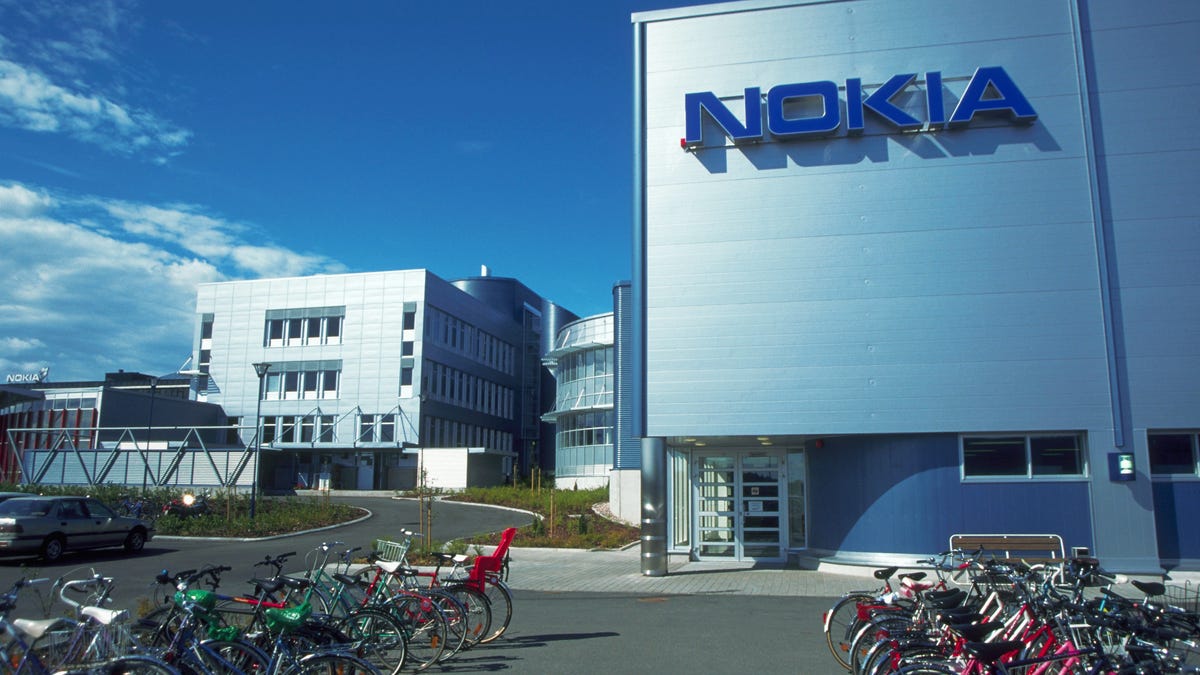Nokia aims to hit it big in broadband
French regulator approves Nokia's takeover of Alcatel-Lucent, which should help it compete in the global telecom equipment market.

2016 looks like it could be a big year for Nokia.
Nokia is diving headfirst into 2016 with a move that will transform it into one of the world's biggest broadband equipment suppliers.
The Finnish tech firm gained control of French telecom Alcatel-Lucent on Monday after France's stock market regulator approved a 15.6 billion euro ($17 billion) deal, first announced in April. The two companies will start to merge their operations January 14, which should give Nokia a boost against the competition and could eventually improve broadband quality for consumers around the globe.
Nokia, a former phone-making giant, will hold 79 percent of shares in Alcatel-Lucent, sharpening its bid to become a major global tech player once more. Absorbing Alcatel, which operates in 130 countries, will help it go up against network equipment leaders Ericsson of Sweden and China-based Huawei.
Like Ericsson, the Nokia name was once emblazoned across many of our phones. That's no longer the case, but both companies continue to play a vital role in supplying and running the hardware and software that make it possible for us to use the Internet every day.
Nokia and Alcatel will now move quickly to integrate, said Nokia President and CEO Rajeev Suri. "We will have unparalleled R&D and innovation capabilities, which we will use to lead the world in creating next-generation technology and services."
The Alcatel merger, which had previously received approval from US and European antitrust regulators, will help Nokia build up its networks division, but that doesn't mean it is eschewing its past forms of revenue completely. The company is still creating and licensing new gadget technology, such as the Ozo virtual-reality camera and the Nokia N1 Android tablet that were both unveiled in 2015.
The N1 is the only true consumer product Nokia has shown off since Microsoft bought out its devices unit in 2014. Last year, however, Suri openly expressed interest in getting back into the smartphone market in the future. The company has this year regained the right to brand its own phones with the Nokia name, having temporarily lost it in the Microsoft deal.

